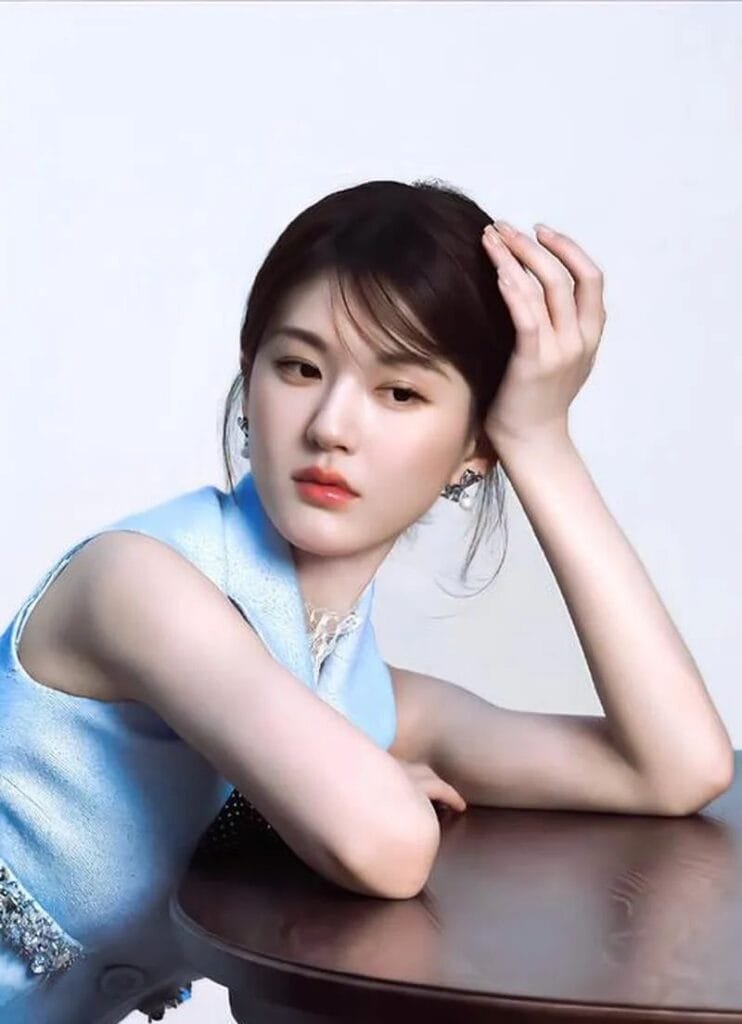On August 2, 2025, actress Zhao Lusi publicly accused her agency, Galaxy Cool Entertainment, of unauthorized deductions of 2.05 million yuan in endorsement penalties, stripping her studio’s operational rights, and threatening her with a “blacklisting” ban. She also posted medical reports showing severe depression (score 75) and anxiety (score 73), igniting intense public concern.
As the drama unfolded, rumors began circulating online about the potential fallout for Zhao Lusi’s 12 active brand endorsements — a looming trust crisis for both the actress and the corporations involved.

Brands in Damage Control Mode: Luxury Pullback, Domestic Brands Hesitate
Online chatter and influencer analyses suggest three distinct responses from Zhao’s brand partners:
-
Luxury labels like Bvlgari and Versace have quietly deleted social posts and suspended promotional campaigns, without formally announcing contract termination. Versace’s Zhao Lusi eyewear line, initially scheduled for August release, has reportedly been delayed.
-
Domestic brands like FILA FUSION and F426 have pulled promotional content or postponed collaborative launches.
-
Mass-market labels like CT Cosmetics and Weiyi Drinks are banking on fan-driven sales — with some products seeing a short-term spike.
Fans Rally with “Emotional Spending,” but Can It Offset Mainstream Sentiment?
Zhao’s core fanbase is showing strong support:
-
CT’s “Glowing Cushion” saw a 42% sales increase within 12 hours of the controversy.
-
Weiyi tied charity efforts to product sales via its “YiLu Forward” mental health fund, boosting sales by 23%.
Still, broader consumer sentiment appears to be turning. Non-fans report a growing aversion to brands entangled in the drama, with mentions of “capital exploitation” and “fan manipulation” trending on social media.
Contract Evolution: Psychological Reports and Crisis Clauses
This controversy is pushing brands to revise endorsement agreements:
-
Some now require quarterly psychological evaluations from celebrities.
-
Others include “24-hour negative publicity response” clauses.
-
According to the China Advertising Association, the average number of risk-control clauses in Q3 2025 endorsement contracts rose by 210% year-on-year.
Strategic Shifts: How Brands Will Vet Future Ambassadors
Insiders predict stricter vetting processes based on:
-
Psychological stability and media history
-
Agency dependency (avoiding one-celebrity business models)
-
Alignment of values and ESG credentials (public image, charity ties)
Zhao may still recover if she wins the legal battle and preserves her image. Otherwise, brands may pivot to more “stable” rising stars like Tian Xiwei or Esther Yu.
Final Word: Trust in the Age of Traffic
Zhao Lusi’s storm is more than a celebrity spat — it’s a prism revealing entertainment’s uncomfortable intersection of capital, mental health, and power.
For brands, true crisis management lies not in damage control, but in building a value-based triangle of trust among artist, brand, and consumer. In the long run, values may matter more than traffic.